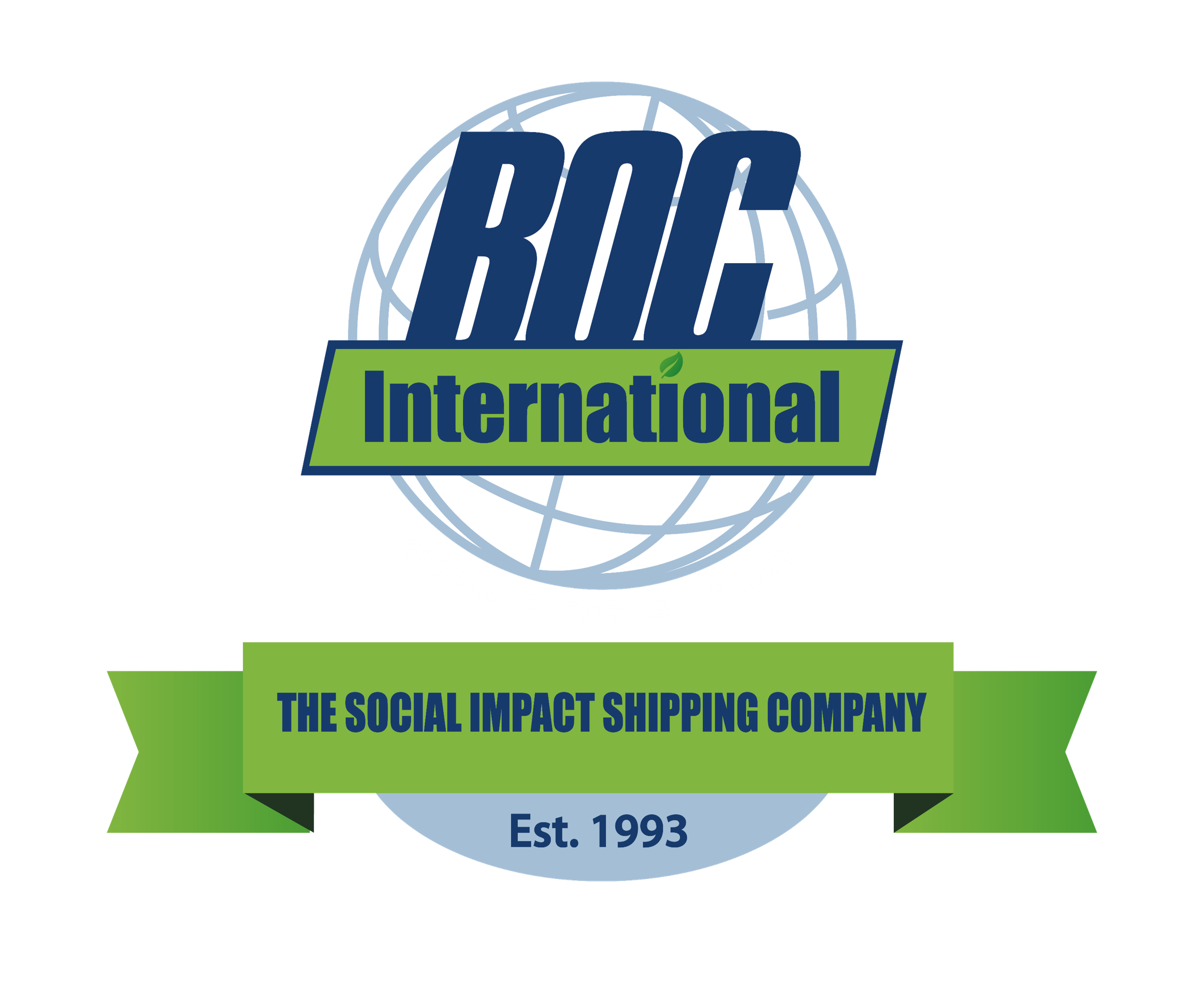
MSC Zoe Loses Up to 270 Containers Overboard in North Sea
January 2, 2019 by Mike Schuler
The Dutch Coastguard has issued a navigational warning after an ultra-large containership lost scores of containers while underway in the North Sea.
The ship, MSC ZOE, was in German waters when it lost the containers in heavy seas between Vlieland, Netherlands and the German Bight in the southeastern North Sea on New Year’s Day.
The Coastguard initially reported about 30 containers lost. However, an update Wednesday morning said it now understands that a whopping 270 containers went overboard.
Photos released Wednesday by Germany’s Havariekommando shows toppled boxes both fore and aft of the ship’s superstructure:
| Photo: Havariekommando |
The Coastguard is warning ships in the vicinity keep an eye out for containers floating in the water.
At least 21 containers with loose goods have washed up on the Dutch islands of Vlieland, Terschelling and Ameland.
The MSC ZOE was underway from Antwerp, Belgium to Bremerhaven, Germany at the time of the incident.
Delivered in 2015, the 396-meter-long MSC Zoe ranks among the world’s largest containerships with a carrying capacity of 19,224 TEU.
The contents of all lost containers has not been confirmed, however at least three are reported to contain hazardous materials.
The Coastguard is warning the public not to handle or approach any of the containers.
| Photo: Havariekommando |
A Challenge to Shippers Who Would Never Dream of Controlling the Insurance
Shippers who rely on suppliers to furnish cargo insurance or who rely on their carriers to take responsibility for losses may be in for a big surprise. Protecting your investments by insuring your goods provides peace of mind.
Buying CIF: Who’s really responsible if your product is lost or damaged in transit? According to internationally accepted trade terms, referred to as Incoterms, suppliers selling “CIF” (Cost, Insurance, Freight) are responsible for arranging cargo insurance. But just because your supplier has the obligation to arrange insurance under CIF terms, it doesn’t mean that they are ultimately responsible if your product is lost or damaged during transit. The ultimate burden of loss falls upon you, the buyer. This is why many experts recommend importers change their buying terms to EXW, FOB, FCA, CFR or similar terms in order to control the selection, and thereby the quality, of insurance coverage.
How much is that insurance really costing you? Foreign suppliers and their forwarding agents often tack on placement fees to the insurance costs. Those added fees often inflate the cost of insurance well beyond market pricing for the same coverage purchased in the United States. Find out how much you’re really paying and then compare quotes received from BOC International.
Is the coverage your supplier purchased for you adequate? Importers relying on their suppliers to arrange insurance run the risk of having inadequate insurance coverage. Cargo insurance policies can vary widely in levels of coverage, deductibles and special restrictions. Ask your supplier for a complete copy of the insurance policy or for a certificate of insurance detailing all the policy terms and conditions
What’s the financial health of your supplier’s insurance company? Recent financial and catastrophic events have exposed the vulnerability of insurance companies to sudden economic devastation. Importers are encouraged to make certain their suppliers use insurers with a favorable financial rating supplied by a respected financial rating service. A.M. Best, Standard & Poor’s and Moody’s are among some of the world’s most respected. BOC’s insurance company, underwriters at Lloyd’s of London, has an A.M. Best financial rating of A (Excellent).
How will your claim be handled? If insurance is arranged overseas, will you be forced to deal with an inexperienced, sub-contracted independent adjuster unfamiliar with the assessment of transportation related losses? Ask your supplier for a list of insurance claims adjusters contracted by the insurance company. Adjuster and surveyor networks approved by Lloyd’s of London and AIMA are among the most credible. BOC has a vested interest in your insurance needs and will directly handle cargo claim documentation requirements to ensure prompt processing and timely settlement.
Every Shipper Needs Cargo Insurance
Global trading involves risk; however, broad insurance coverage minimizes your financial risk. Don’t leave your livelihood up to chance! Statistics show that one ship sinks each day and you will experience a General Average loss every eight years. If you are depending on the carrier to cover losses, their responsibility is limited by law as follows:
Ocean Carriers $500 per shipping unit
A shipping unit may be defined as one ocean container.
Air Carriers $9.07 per pound
Truckers $.50 per pound
The insurance we offer is competitively priced and insures approved merchandise against physical loss or damage from external causes. By purchasing cargo insurance, you can avoid inconvenience and frustration. Contact your BOC Representative at 617-345-0050 for your free quote.

